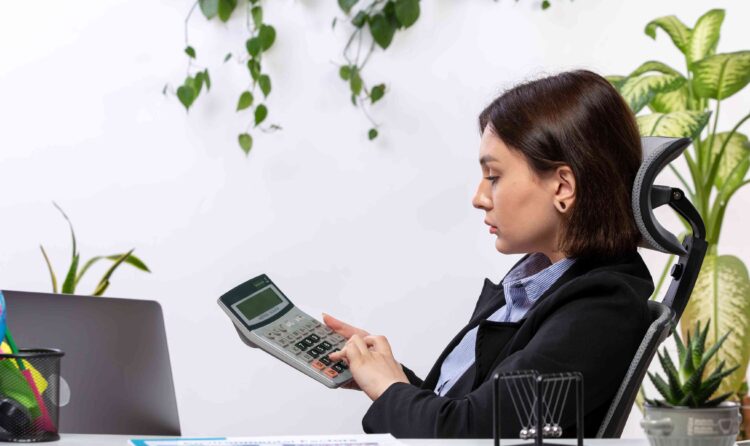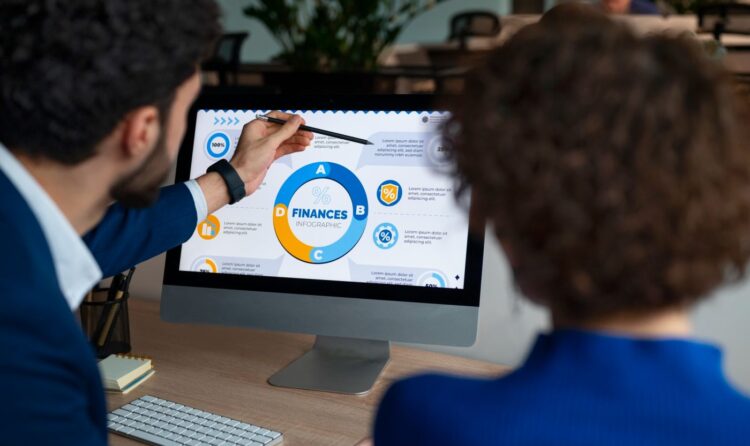Disbursements And Reimbursements: VATP013
In a business transaction, if the person suffers an expense and then recovers these expense from another party, the public clarification VATP013 sets out the criteria for determining whether the recovery is under the scope of VAT (Reimbursements) or without the scope of VAT (Disbursements). The term ‘Disbursements’ refer to the recovery payments made on behalf of another person and ‘Reimbursement’ refer to the recovery of expense that you incur as principal.
How to Determine Recovery is Disbursements and Reimbursements?
In the purchasing of goods or services, the first method to determine the recovery category is to determine whether you acted as a principal or agent in the transaction. If you played the role of an agent, then the recovery would generally amount to disbursement. It doesn’t constitute a supply so it would be out of the scope of VAT.
Conditions for a Transaction to be considered as Disbursement
In order to categorize them as disbursements, certain conditions will help the person determine if the recovery of an expense from another person is satisfied to be disbursements.
- The other party should be the recipient of the goods or services.
- The other party should be responsible for making the payment to the supplier.
- The other party should have received an invoice or tax invoice, as the case may be, in its own name from the supplier.
- The other party should have authorized you to make the payment on his behalf.
- The goods or services paid for should clearly be added to the supplies you make to the other party.
- The payment should separately be shown on the invoice, and you should recover the exact amount paid from the supplier without a markup.
Example: Disbursement is a payment that your business makes on behalf of your client, which you would later invoice the client for. Company A has made a payment to one of their suppliers in place of their client, the supplier has invoiced the client, and the client made an authorization to company A to make the payment for their purchase. The expense company A recovered from the client company hence be disbursement or out of the scope of VAT.
On the other hand, if you acted as principal, the recovery would generally amount to a reimbursement. Reimbursement is considered part of the consideration for the supply and follows the same VAT treatments as the main supply.
Conditions for a Transaction to be considered as Reimbursement
The following conditions have to be satisfied for reimbursement.
- You should have contracted for the supply of goods or services in your own name and capacity.
- You should have received the goods or services from the supplier.
- The supplier should have issued the invoice in your name and you are under the legal obligation to make payment for it.
- In the case of goods, you should own the goods prior to making the onward supply to the other party.
Example: If a design company enters in to contract with Company A for providing designing services. Company A incurs the cost in its name while these services are being delivered and then recovers this amount from the design company as per the existing terms of the contract. The amount that company A recovers from the design service would follow the VAT treatment of the main supply and payment will come under normal VAT treatment.
The business should review the recharges of cost to understand whether they have been treated correctly as disbursement or reimbursement in accordance with the above conditions. A clear understanding of the category would save you from tax penalties.
Please contact us for any VAT related services and assistance.








